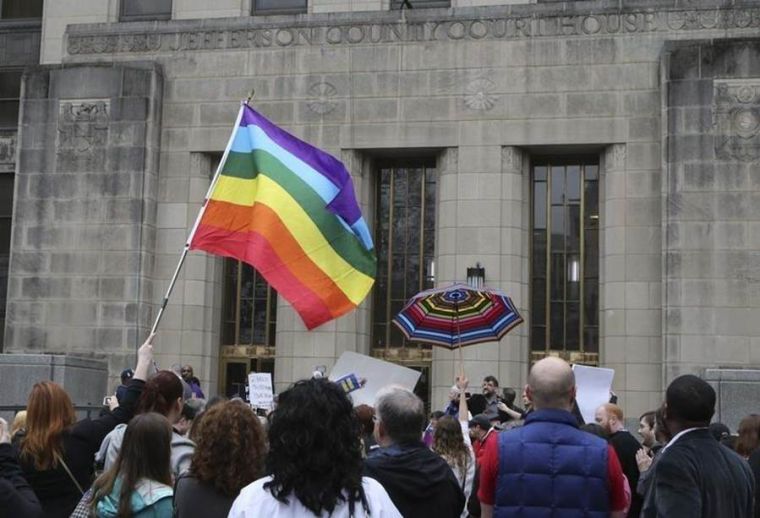US archbishops support bill protecting religious freedom of those who disagree with same-sex unions

The call to protect the religious freedom of those who do not agree with same-sex unions in the United States has just become stronger, with two American archbishops lending their voices to those who believe that marriage should only be between a man and a woman.
Archbishop Salvatore J. Cordileone of San Francisco and Archbishop William E. Lori of Baltimore issued a joint statement last week supporting the First Amendment Defense Act (FADA).
According to the two Roman Catholic Church officials, the proposed law "is a modest but important step in ensuring conscience protection to faith-based organisations and people of all faiths and of no faith who believe that marriage is the union of one man and one woman."
"The increasing intolerance toward religious belief and belief in the conjugal meaning of marriage makes these protections essential for continuing faith-based charitable work, which supports the common good of our society," the bishops' statement read, as quoted by the Catholic News Agency.
Archbishops Cordileone and Lori maintained that Catholic institutions should not be penalised for standing up for their beliefs about marriage.
"Faith-based agencies and schools should not lose their licenses or accreditation simply because they hold reasonable views on marriage that differ from the federal government's view," the Church leaders stated.
The FADA was filed by Republican Rep. Raul Labrador from Idaho and Utah Senator Mike Lee in response to the US Supreme Court legalising homosexual unions across the country. The proposed law seeks to protect individuals and groups from being sanctioned for their views on marriage.
In their statement, the Archbishops also said that the definition of marriage "has nothing to do with disrespect for others, nor does it depend on religious belief." They likewise maintained that marriage between one man and one woman is "foundational to the common good."
"Rather, it is based on truths about the human person that are understandable by reason," the Archbishops wrote in their joint statement.











